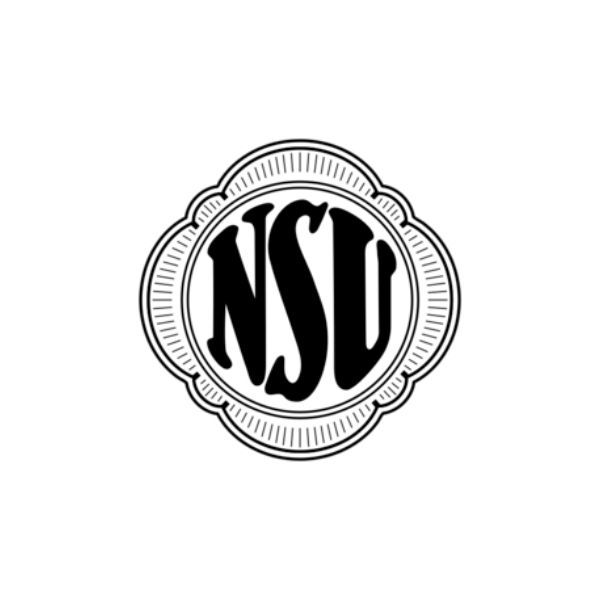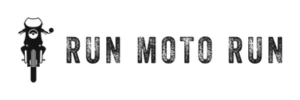NSU
Founded in Riedlingen on the Danube in 1873, NSU first produced automatic knitting machines before expanding into bicycle manufacturing. In 1884, the company moved to Neckarsulm, where it changed its production line to focus on bicycles and eventually adopted the brand name NSU from the nearby rivers Neckar and Sulm. By 1901, NSU had made a successful transition from bicycles to motorcycles.

In the early 20th century, NSU became a pioneer in motorcycle manufacturing. By 1905, they introduced cars as well. The company even ventured into the commercial transport sector with three-wheeled vehicles. The popularity of NSU’s 3 hp motorcycles and V-twin engines grew rapidly, laying the groundwork for success in export markets, particularly in Great Britain.
During World War II, NSU played a significant role in designing and producing the Kettenkrad, NSU HK101, a renowned half-tracked motorcycle, and other engines for different manufacturers. By this time, NSU was so diversified that its motorcycle engines were being used in other machines, reflecting their exceptional engineering and adaptability.
Recovery from the war's devastation was quick, with NSU reestablishing itself as an innovator in the motorcycle industry. The Max 250cc four-stroke, introduced in 1953, quickly earned a reputation for quality, while the Quickly moped became a symbol of class and style. Racing success continued through the 1950s, solidifying NSU's reputation on the global stage.
NSU's expansion into automobiles began with the Prinz series and later included collaborations with Dr. Felix Wankel to experiment with rotary engines. Simultaneously, NSU obtained a license to build Lambretta scooters and created their own scooter designs, maintaining their prominent position in the two-wheeled vehicle market.
NSU's ambition to innovate with the Wankel engine led to both success and difficulty. While the introduction of Wankel Spider and Ro80 represented technological milestones, they were plagued with problems, causing financial strains on the company.
Ultimately, financial pressures led to the sale of NSU to VW/Audi in 1969. The end of the NSU era was marked by the cessation of motorcycle production in 1965. Despite the challenges with the Wankel engine, NSU's contributions to the automotive world were significant, leaving an enduring legacy.
From knitting machines to bicycles, motorcycles, and automobiles, NSU's journey reflects a continuous drive for innovation and excellence. As one of the largest manufacturers of two-wheeled vehicles in its prime, NSU's contributions to the motorcycle and automotive industries remain a significant part of history. Though the NSU brand has been absorbed by larger entities, its spirit lives on, inspiring new generations of engineers and riders.
Additional NSU Logos
Author: William Flaiz







